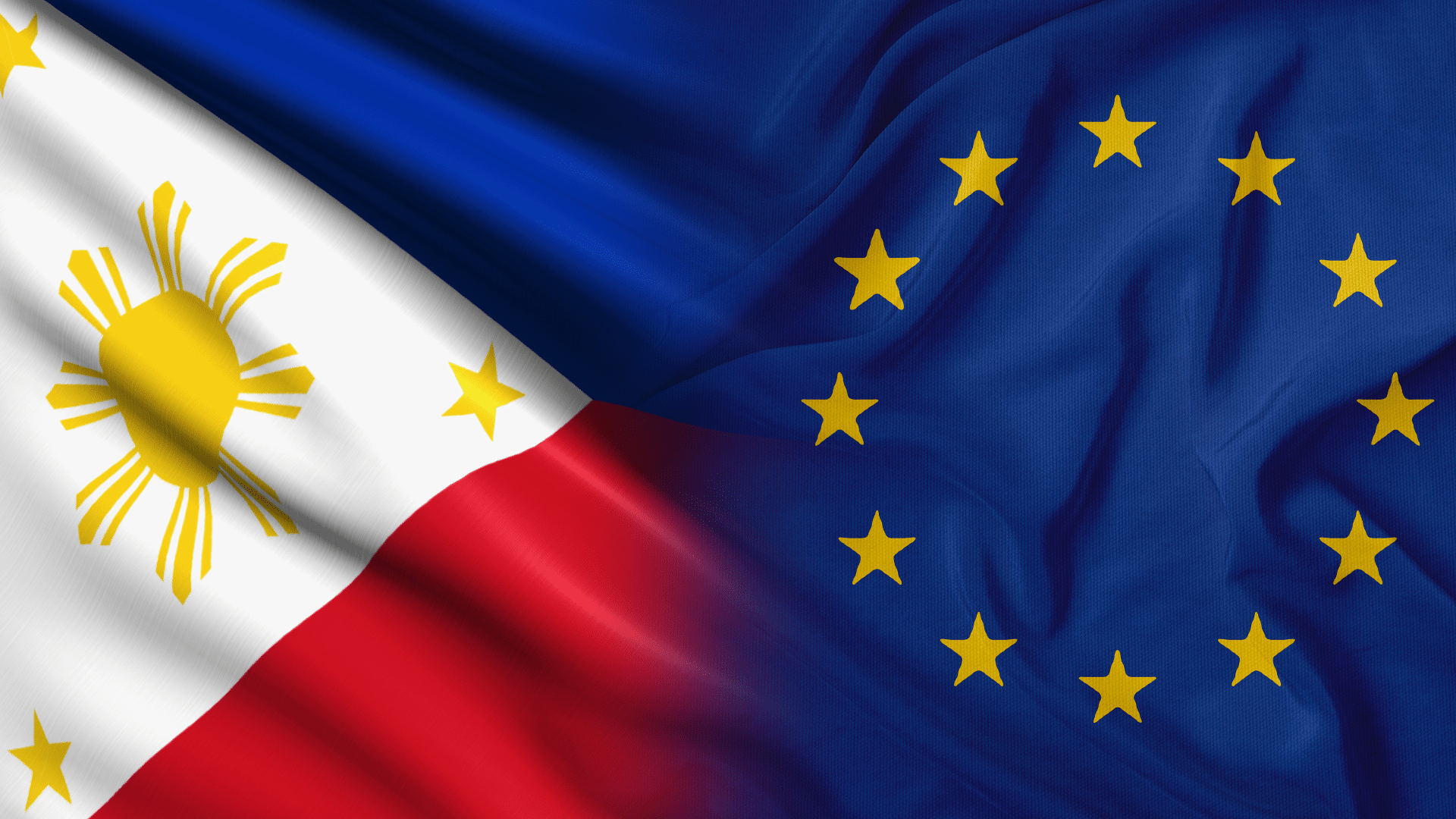
DHAKA — The death toll arising from demonstrations in Bangladesh has reached 39 as students set fire to the country's state broadcast station on Thursday.
Protests against civil service hiring rules have escalated as authorities imposed a "near-total" internet blackout.
Police fired rubber bullets at hundreds of protesters, who fought back and chased retreating officers to the headquarters of Bangladesh Television (BTV) in the capital city of Dhaka.
Demonstrators set ablaze the broadcaster's reception building and dozens of vehicles parked outside.
A station executive later told AFP that staff had safely evacuated the building.
A day earlier, Prime Minister Sheikh Hasina gave a national address on the network, seeking to calm the escalating clashes.
"Our first demand is that the prime minister must apologize to us," protester Bidisha Rimjhim, 18, told AFP.
"Secondly, justice must be ensured for our killed brothers," she added.
As night fell, Bangladesh was plunged into a "near-total" internet shutdown, outage monitor NetBlocks said.
It said the latest outage "follows earlier efforts to throttle social media and restrict mobile data services" — key communication tools for protest organizers.
Near-daily marches this month have demanded an end to a quota system that reserves more than half of civil service posts for specific groups, including children of veterans from the country's 1971 liberation war against Pakistan.
Critics said the scheme benefits children of pro-government groups that back Hasina, 76, who has ruled the country since 2009 and won her fourth consecutive election in January after a vote without genuine opposition.
Hasina's government is accused by rights groups of misusing state institutions to entrench its hold on power and stamping out dissent, including by the extrajudicial killing of opposition activists.
Her administration this week ordered schools and universities to close indefinitely as police stepped up efforts to bring the deteriorating law and order situation under control.
Mubashar Hasan, a Bangladesh expert at the University of Oslo in Norway, said the protests had grown into a wider expression of discontent with Hasina's autocratic rule.
Gunshot injuries
Hasina appeared on BTV on Wednesday night to condemn the "murder" of protesters and vow that those responsible would be punished regardless of political affiliation.
The violence worsened despite her appeal for calm, and police again attempted to break up demonstrations with rubber bullets and tear gas volleys.
Police weaponry was the cause of at least two-thirds of those deaths, based on descriptions given to AFP by hospital figures.
"We've got seven dead here," an official at Uttara Crescent Hospital in Dhaka, who asked not to be named for fear of reprisal, told AFP.
"The first two were students with rubber bullet injuries. The other five had gunshot injuries."
Nearly 1,000 others had been treated at the hospital for injuries sustained during clashes, the official said, adding many had rubber bullet wounds.
Several cities across Bangladesh saw violence throughout the day as riot police marched on protesters who had begun another round of human blockades on roads and highways.
In Dhaka, protesters set fire to around a dozen vehicles at the entrance of the national disaster management agency.
Helicopters rescued 60 police officers who were trapped on the roof of a campus building at Canadian University, the scene of some of Dhaka's fiercest clashes, the elite Rapid Action Battalion police force said in a statement.
'Violence not a solution'
UN spokesman Stephane Dujarric appealed for "restraint from all sides."
"We urge the government to ensure a conducive environment for dialogue. And we encourage protesters to engage in dialogue to resolve the deadlock," he told reporters.
"Violence is never a solution."
Before the evening internet shutdown, junior telecommunications minister Zunaid Ahmed Palak told reporters that social media had been "weaponized as a tool to spread rumors, lies and disinformation."
Along with police crackdowns, demonstrators and students allied to the premier's ruling Awami League have also battled each other on the streets with hurled bricks and bamboo rods.
Rights group Amnesty International said video evidence from clashes this week showed that Bangladeshi security forces had used unlawful force.
Read The Rest at :






